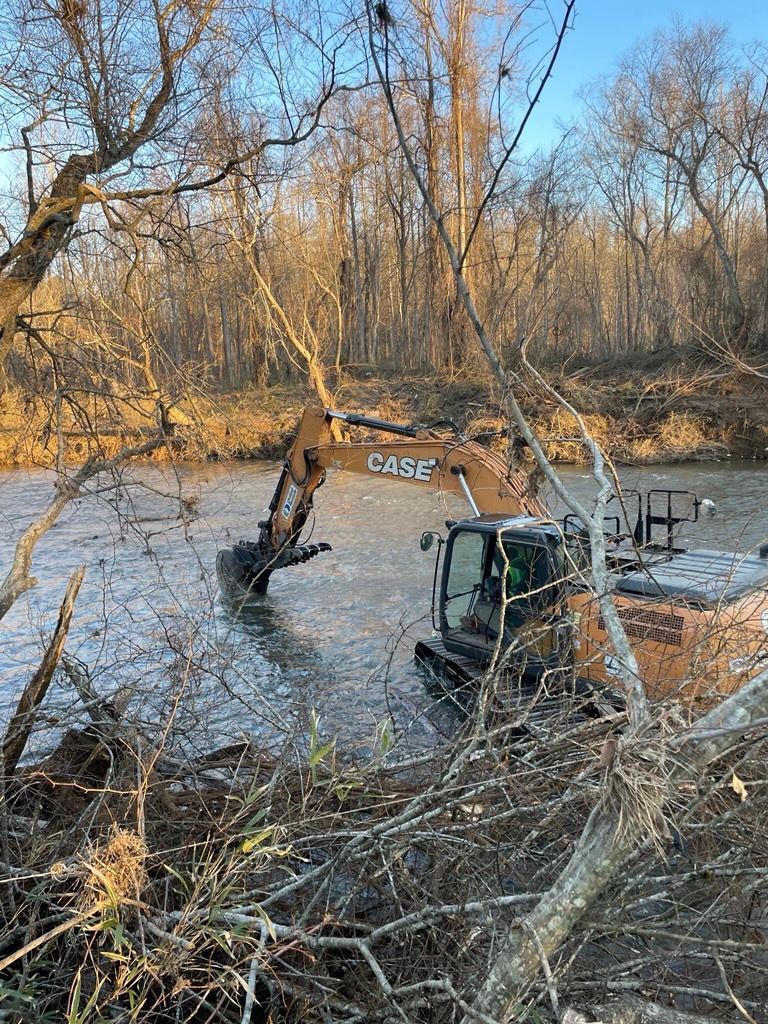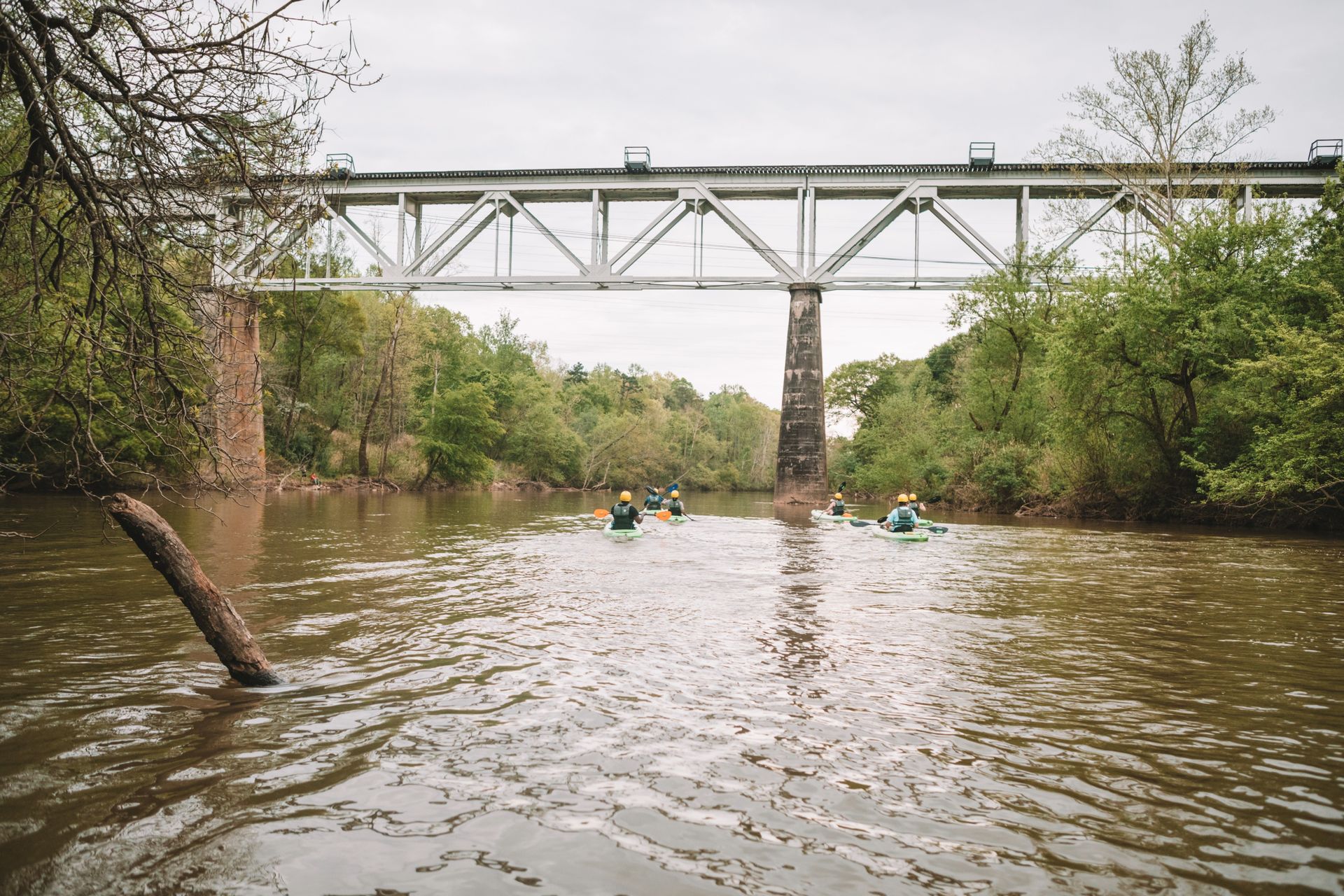Catawba Quest
The Catawba Quest has been finished!
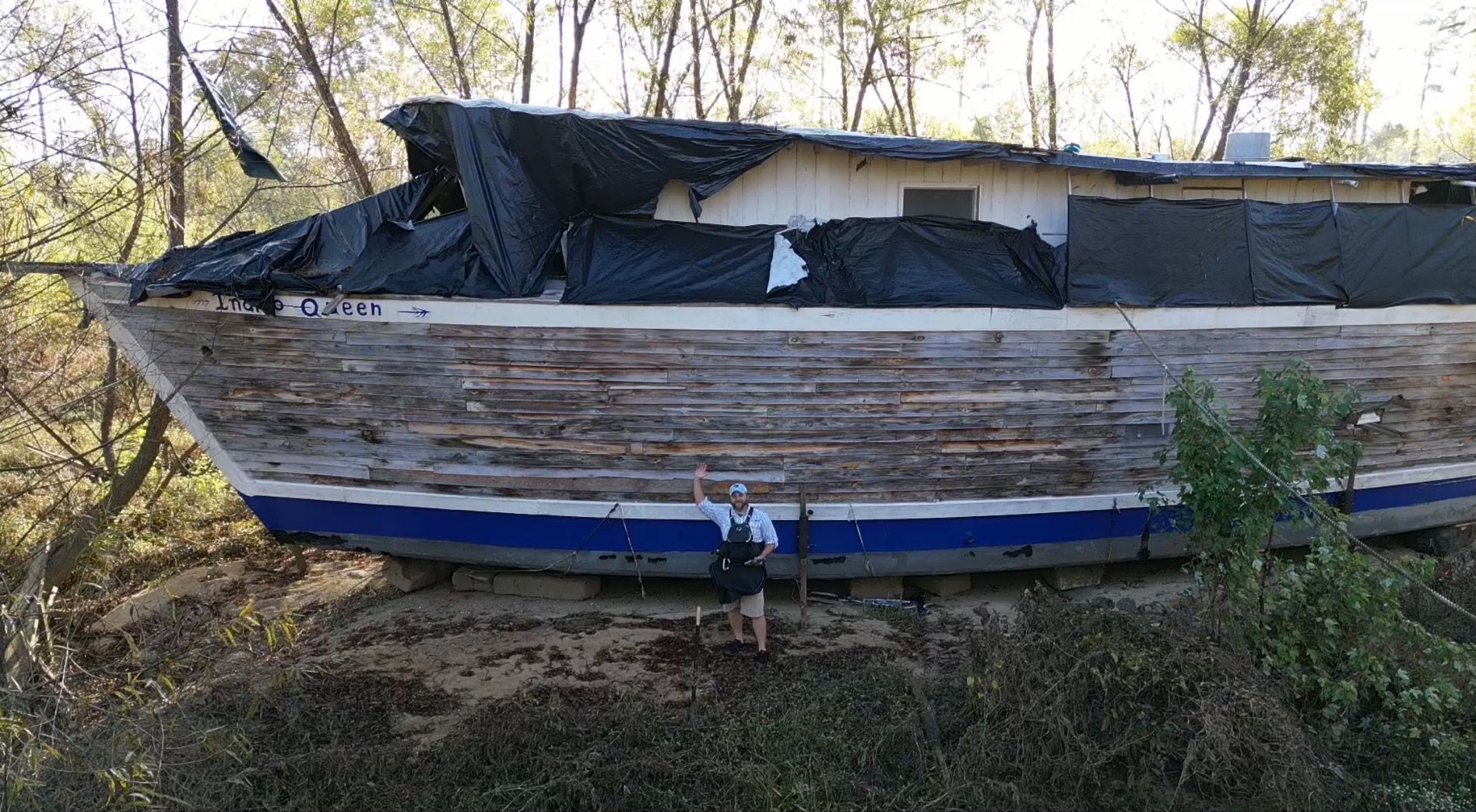
So, what is Catawba Quest?
Ever since I started working for Catawba Riverkeeper, I have dreamed of exploring the Catawba and Wateree Rivers from the source to its confluence with the Congaree River. In 2021, I set the wheels in motion to make this dream a reality and started the planning process. I intentionally gave myself a year (2022) to complete the goal to allow time to document and connect with the river recreationally, environmentally, and historically. It shouldn’t be a race to the finish line, it should be a chance to really get to know our basin and all its glory. Throughout the trip, I experienced geographical changes, weather conditions, wildlife, environmental concerns, and incredible scenery. From pristine water and wilderness at the headwaters, to cypress forests and bird sanctuaries at the tailwaters. From exhilarating whitewater raging through Great Falls to stagnant fog covering lakes, quiet and motionless as far as the eye could see, I saw it all.
Something else that I took away from this experience was just how important Catawba Riverkeeper's work in protecting and preserving our waters really is. By taking my time traveling the river, I was able to document areas where litter collects for future cleanups and exciting new paddles for future engagements. I was able to locate, sample, and report HABs (Harmful Algae Blooms), turbid waterways, discharge sites, illegal construction practices within the riparian buffer, and much more. As most of you know, Catawba Riverkeeper offers various recreational programs to explore different sections of the river, so whenever possible, I tried to incorporate these into my quest days.
There were so many wonderful people who made this trip possible. To all the staff, guests, dedicated members, partners, and friends of the river that accompanied me on the water or picked me up from a strange destination in the middle of nowhere, thank you. Nothing we do is possible without your support.
Keep an eye out in the future for more of our discoveries from Catawba Quest!
Greg completes the Catawba Quest!

